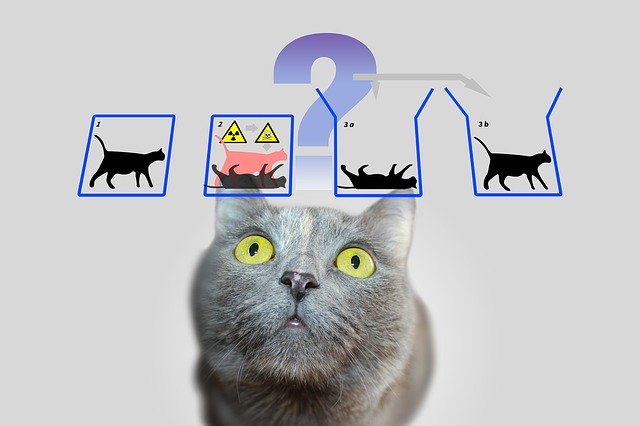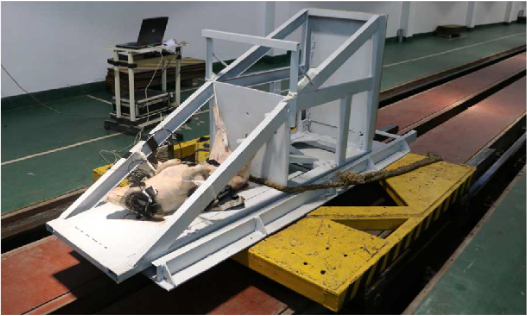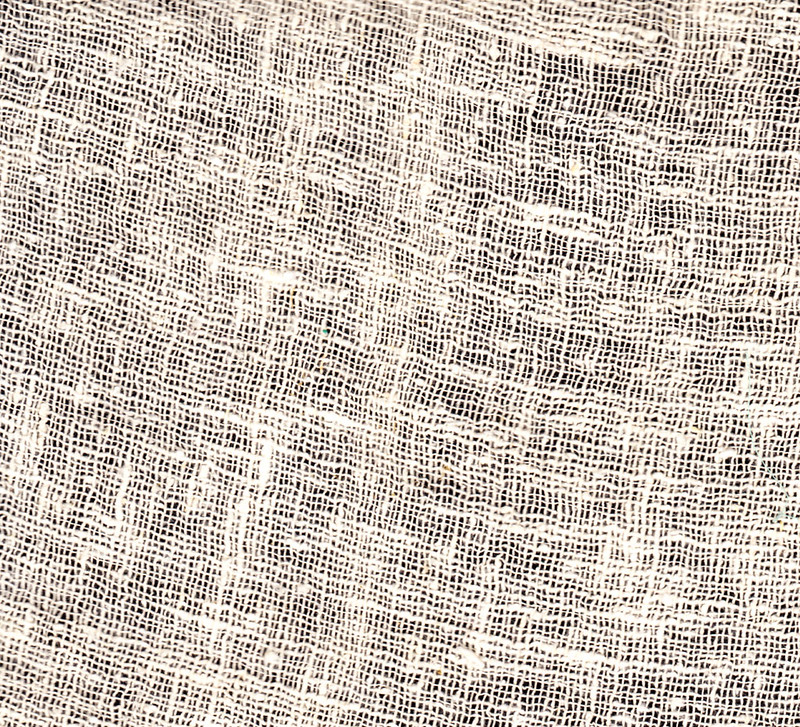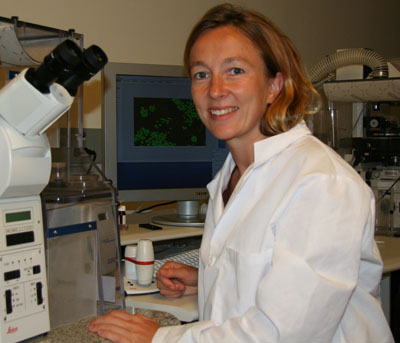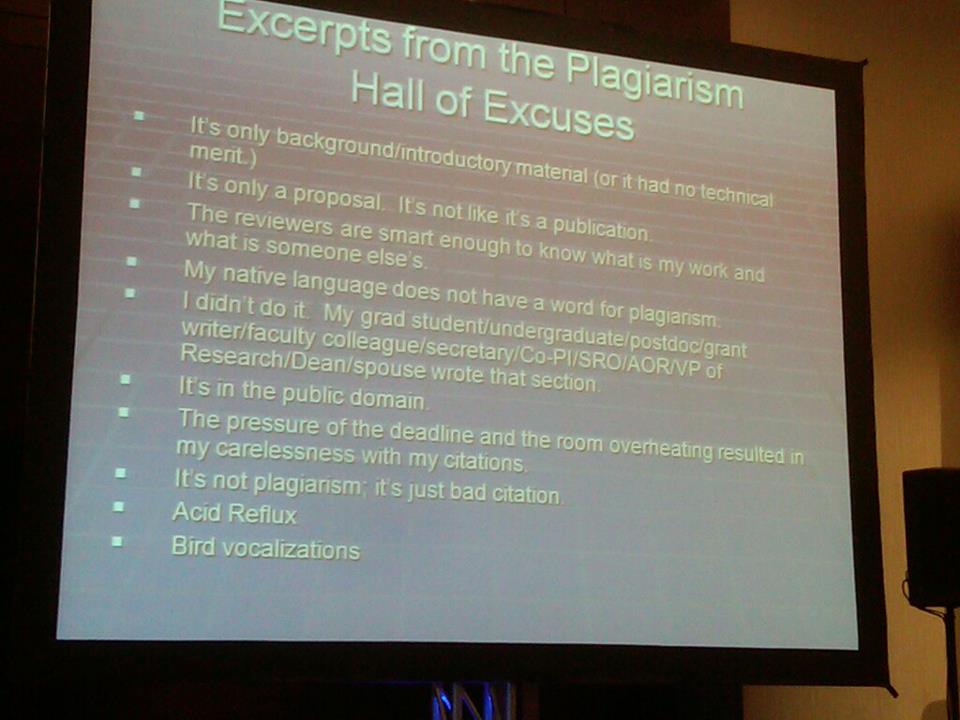
On December 29, Jan Behrends, of the Institute of Physiology at the University of Freiburg, in Germany, was checking his Google Scholar profile when he saw his name on a paper — one he’d played no part in writing.
The article, “Microelectrochemical cell arrays for whole-cell currents recording through ion channel proteins based on trans-electroporation approach,” had appeared earlier that month in Analyst, a publication of the Royal Society of Chemistry. According to Behrends:
Continue reading Former grad student forges his supervisor’s authorship — and gets smacked down